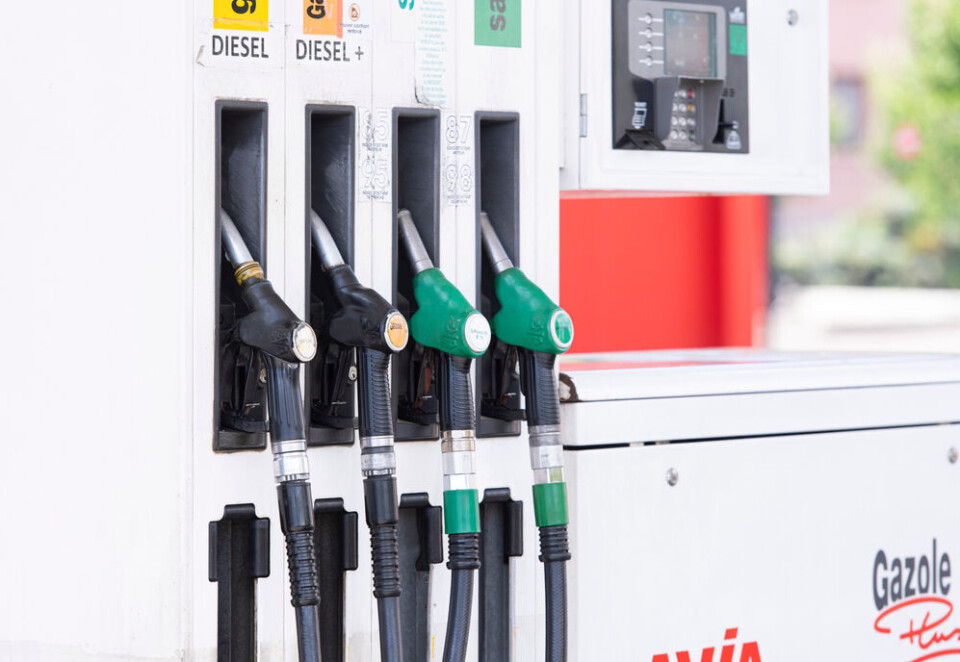-
French home energy bills to rise in 2026
Household electricity and gas bills will increase by around €50 per year
-
Social charges on UK government pensions: France residents report progress
Issue now drawing attention at the highest levels
-
Good news for many micro-entrepreneurs in France: plans to lower VAT threshold rejected by Senate
Vote reverses proposal to lower tax exemption thresholds for self-employed workers
Fuel prices in France leap €0.25 a litre in a year: Will rises last?
Experts believe juilletistes will face the worst of the prices this summer

It has been impossible to ignore rising prices at France’s petrol stations, which have jumped €0.25 a litre in a year.
The bad news for France’s July holidaymakers - the so-called juilletistes - is that they look set to bear the worst of the high prices, with experts predicting that oil production will increase to cope with rising demand by the end of the month.
At the start of July, the price of a litre of diesel averaged €1.43 in France, while SP95 was €1.56, and SP98 €1.62. Prices have risen €0.15 in six months - though they are still lower than the peak of 2019, when diesel was €1.53, and SP95 was €1.60.
Prices were higher in mid-2019 than at the start of the gilets jaunes protests, which began in November 2018 in response to a proposed environmental tax on fuel that would have pushed rising prices at the time higher still.
Current high demand is the key reason for the latest jump in prices. Intermarché, which operates the most service stations in France, has observed demand for fuel since the beginning of June has been very strong, with people increasingly confident about travelling as restrictions have eased.
Another factor is decreased output from oil-producing nations in part because of the pandemic.
Opec and its partners cut production by 10 million barrels per day in response to the massive drop in demand as country after country went into lockdown.
Prior to the health crisis, production was at 100 million barrels a day.
The latest round of Opec negotiations this week talks to increase production failed to reach a deal, suggesting the price increases may continue. On Tuesday, the price of a barrel of Brent crude rose to $77.58 - its highest price since October 2018.
But experts believe that Opec nations will agree to increase production within two or three weeks, to ease price pressure at the pumps.























